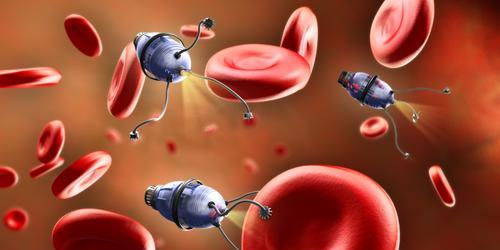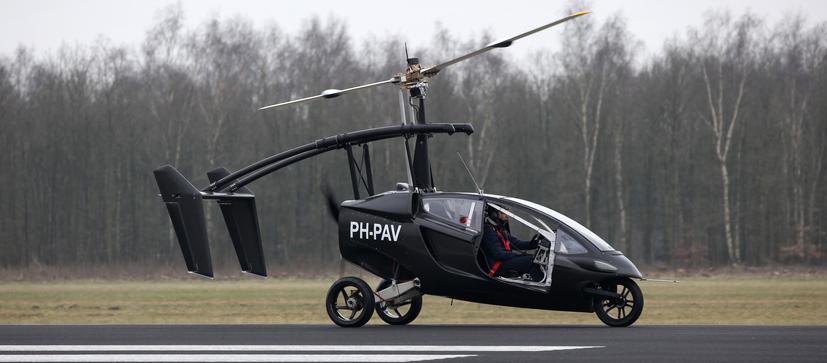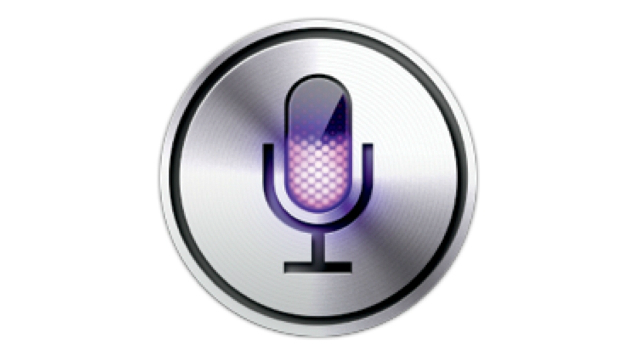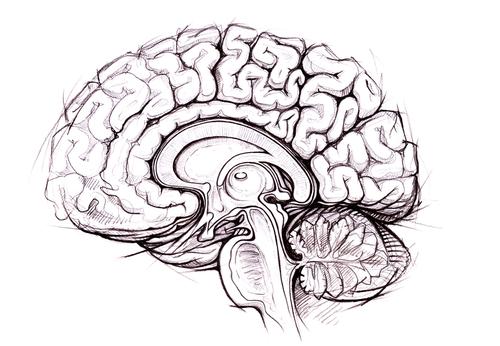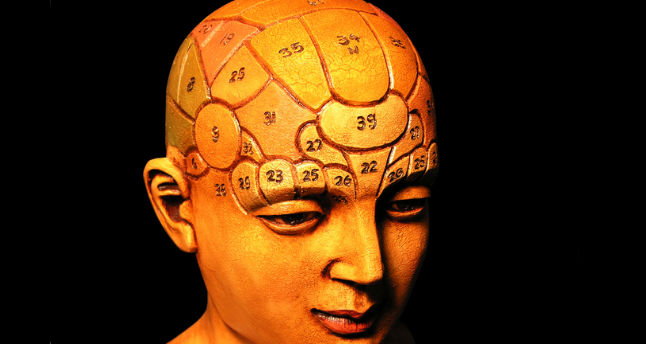Surprising Science
All Stories
Researchers have found that Americans get wiser as they age while Japanese seem to begin wise. More interesting still is that the two groups exhibited different kinds of wisdom.
In contrast to the British Enlightenment, Modernist Vienna saw that humans were not perfect rationality machines. Thus Viennese medical science gave rise to the likes of Klimt and Freud.
What is the Big Idea? The world’s aging population is growing and UN Secretary-General Ban Ki-moon’s message to the world on World Health Day, observed on April 7, is for society […]
New medical claims have brought once illicit drugs back into fashion, argues Cambridge University fellow Victoria Harris, showing how capricious our attitudes toward drugs really are.
A drug-resistant strain of malaria first noticed in Cambodia in 2005 is increasingly seen in other parts of Asia. Experts worry it could spread to Africa, where a majority of malaria exists.
A clinical trial currently underway has shown a promising ability to use nanoparticles to target specific tumor cells, directly delivering chemotherapy drugs while avoiding the body’s immune system.
With affordable genomic testing within reach, should you rush out to have your genome sequenced? Probably not, say medical experts. The tests in and of themselves will be of limited use.
Mexico has recently implemented a government-funded heath care program that covers every citizen, despite having far fewer resources than the US. Will Americans ever take the leap?
What’s the Big Idea? The idea of “brain training” conjures up visions of children playing educational computer games and senior citizens solving Sudoku puzzles, but a great workout for the […]
By revolutionizing how we interact with the Internet, Google’s augmented reality glasses will revolutionize the technology industry. Apple and Facebook should be afraid, very afraid.
MIT engineers have programmed small magnetic cubes to assume the shape of an object they come into contact with. The technology could be scaled down to sand-sized particles.
A Dutch company is working to add floating infrastructure to expanding cities that face a coastline. Roads, parking ramps, and beaches could be rotated around tomorrow’s cities.
European and American companies have successfully tested new prototypes of flying cars. So how soon will you be able to lift yourself out traffic jams and fly home? That may depend on regulation.
What is the Big Idea? An intern in a hospital in Harbin city was stabbed to death by an angry patient last week. Three other doctors were seriously injured in […]
Just ninety years ago, we thought our galaxy was the extent of the Universe. Now we know hundreds of millions of galaxies exist in an ever-expanding Universe. Where does that leave us?
The buzz surrounding physicist Stephen Hawking‘s newest experiments with communication technology has been a bit overexuberant, along the lines of “new technology could help Stephen Hawking communicate via brain waves!” […]
Scientists have made the most accurate measurements yet of how quickly our Universe is expanding. Since gravitational pull gave way to dark energy, the rate is increasing.
Given the unequivocal success of NASA’s planet hunting mission, which has found 750 planets outside our solar system, an Earth-like planet will surely be found soon, say astronomers.
The discovery of ancient planets and new data suggesting that carbon may have formed in the early universe has overturned conventional wisdom about the possibility of very early life.
A few simple concepts power today’s powerful data mining algorithms, allowing companies and governments to gather data about who you are, what you do and what you might do.
When attached to a headband, a new mobile device the size of a matchbox can pick up the electricity signals of your thoughts. Called iBrain, it is currently being tested on Stephen Hawking.
As new technologies offer us new ways of communicating with machines and one another, people are starting to realize that we’re unlikely to end up with a one-size-fits-all solution.
As countries like China, India and South Africa come of age, they are more likely to adopt European-style national health care services than America’s peculiar brand of privatization.
Some of the country’s most elite neuroscientists called a surprise press conference today, April 1st, to admit that their field of research is a hoax to justify their own research positions.
While studying a second language is known to be more difficult in adulthood, recent research shows that even adult brains can mimic the brain patterns of native speakers.
Two weeks ago, we published, “Is Brain Science Just Hype?,” our interview with Swarthmore professor of psychology Barry Schwartz. The author of The Paradox of Choice and Practical Wisdom (two of the most-watched TED Talks ever), […]
A survey conducted at a North Carolina business where dogs are regularly present suggests that employees have less stress, better morale and higher productivity in the presence of canines.
A robot designed to mimic the biology of a lamprey may soon be swimming through your body, with the capacity to detect the presence of diseases better than your immune system.
Cancer institutes from around the world have collaborated to release two databases which catalog data on hundreds of cancer cell lines, giving a boost to personalized medicine.
Where is the intersection of nature and nurture? The world’s largest medical database, which compiles the lives of 500,000 patients from birth to death, will help us understand the answer.




